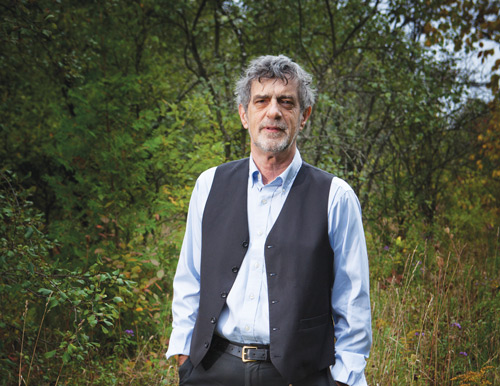
 |
 Trent Researcher Shines Light on Human Cause of Climate Change
When it comes to climate change, there are almost as many theories and opinions as there are people to formulate them. But based on recent findings by Trent Geography professor Dr. Graham Cogley, the idea that humans should only share a small portion of the blame for climate change has been further As part of an international team of scientists led by Dr. Ben Marzeion of the University of Innsbruck, Professor Cogley co-authored a study recently published in Science showing unambiguous evidence that human activities are having an increased impact on losses of glacier mass, a key symptom of The team of scientists simulated glacier changes in Prof. Marzeion’s computer model of glacier evolution, using the Randolph Glacier Inventory, a database of nearly all glaciers on earth that was developed with the help of Prof. Cogley. “Our finding is an independent nail in the coffin of the belief that climatic change is not mostly our fault,” Prof. Cogley said. “People who still believe that are running out of places to hide.” In the paper, the team reports that about one quarter of the global glacier mass loss from 1851 to 2010 is anthropogenic, or caused by humans. The fraction attributable to human activity has also increased steadily, reaching almost two thirds of the overall loss between 1991 and 2010. Prof. Cogley says glaciers have been shrinking since about the middle of the 19th century, when the Little Ice Age came to an end. Loss in glacier mass causes sea levels to rise, changes the seasonal availability of water resources, and increases hazards such as landslides and floods. Glaciers respond both to natural climatic influences, such as the changing output of radiation from the sun, and to human alteration of the climate. The extent of the human contribution has been unclear until now. “We [found] unambiguous evidence of a growing human impact on glacier mass loss,” Prof. Marzeion said. “Up to about 1950, glacier mass loss attributable to human activity is hardly noticeable, but the attributable percentage has increased steadily since then. We are very confident that it is now dominant, regardless of the fact that the glaciers would have lost some mass anyway.” |

































